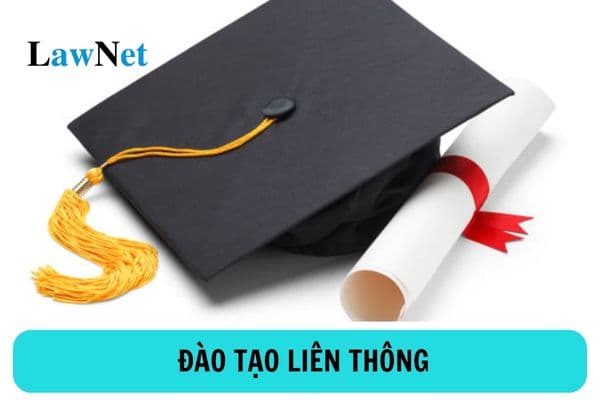Vietnam: What are the conditions for enrollment for bridge programs?
What conditions must a higher education institution meet to enroll students for bridge programs?
* This is a general case of recruitment for bridging training for higher education institutions.
According to Article 2 of Decision 18/2017/QD-TTg of the Prime Minister of Vietnam, ahigher education institution which meets the following conditions is entitled to conduct enrollment for bridge programs between post-secondary schools or junior colleges and universities, specifically as follows:
- For expected academic discipline:
+ The higher education institution has decided to open the academic discipline at university level in full-time mode;
+ The higher education institution has provided credited-based training curriculum at university level for at last continuous 3 courses when it decides to conduct enrollment for bridge programs in full-time mode.
Regarding bridge programs in arts discipline, the higher education institution has provided credited-based or term-based training curriculum at university level in full-time mode for at last continuous 3 courses when it decides to conduct enrollment for bridge programs in full-time mode.
Regarding bridge programs in health discipline, the higher education institution must ensure that students of at least one course at university level in full-time mode have been graduated.
- The higher education institution has promulgated regulations on acknowledgement of conversion of learners’ performance and body of knowledge, accumulated skills that are exempt from the bridge program and has published them on its website.

What conditions must a higher education institution meet to enroll students for bridge programs? (Image from the Internet)
Who has the authority to decide on enrollment for bridge programs?
Clause 1, Article 3 of Decision 18/2017/QD-TTg states:
The power to decide, report, and publish enrollment for bridge programs
1. The power to decide enrollment for bridge program
The head of higher education institution has the power to issue a decision on enrollment for bridge program between post-secondary schools or junior colleges and universities when all the conditions prescribed in Article 2 of this Decision are met. The decision on enrollment for bridge program must specify academic discipline, level, and types of bridge programs, students and methods of enrollment.
...
Thus, the person with the authority to decide on the bridging training recruitment of a higher education institution is the head of the higher education institution.
What qualifications must the applicants for bridge programs have?
Article 4 of Decision 18/2017/QD-TTg states:
Conditions for applicants for bridge programs
1. Post-secondary school or junior college graduates may keep enrolling in university program with appropriate majors, or other majors if they satisfy conditions of the training curriculum.
2. An applicant for bridge program must meet the following conditions in accordance with applicable regulations and laws on enrollment at the tertiary level of the Ministry of Education and Training and obtain at least one of the following diplomas:
a) a post-secondary school diploma or junior college diploma issued by a Vietnamese training institution. The holder of post-secondary school diploma must undertake that he/she has learned and taken tests covering adequate academic body of knowledge at upper secondary level as prescribed by the Ministry of Education and Training;
b) a post-secondary school diploma or junior college diploma issued by a foreign training institution that has been acknowledged as prescribed by the Ministry of Education and Training or Ministry of Labor, War Invalids and Social Affairs;
c) Regarding bridge program of health discipline, the applicant must obtain a post-secondary diploma or junior college in health discipline, in which a holder of physician associate diploma may apply for bridge program majoring in General Medicine, Traditional Medicine, Preventive Medicine, Odonto-Stomatology, or a holder of pharmaceutical post-secondary diploma or pharmaceutical junior college diploma may apply for bridge program majoring in pharmacy.
Thus, bridging training applicants must meet the university recruitment regulations and possess one of the following qualifications:
* For diplomas issued by domestic training institutions:
- A graduation diploma at the intermediate level or;- A graduation diploma at the college level;
* For diplomas issued by foreign training institutions:
- A graduation diploma at the intermediate level or;- A graduation diploma at the college level;
* For bridging training in the health sector:
- A graduation diploma at the intermediate level or;- A graduation diploma at the college level in the health sector.
In particular, those holding a Physician's diploma can apply for bridging to the university level in General Medicine, Traditional Medicine, Preventive Medicine, and Dentistry; those holding a Diploma in Pharmacy at either the intermediate or college level can apply for bridging to the university level in Pharmacy.

